Are you willing to sponsor?
Are you ready to explore the transformative power of athlete sponsorship for your brand? Click here to learn more about how sponsorship can help brands grow and thrive in the exciting world of motorsports.
By Riccardo Tafà| Posted July 22, 2018 | In MotoGP, Sports Marketing
 If you’re looking to invest in sports marketing, you might be wondering what exactly licensing and co-branding are, how they work and what is better for your company/brand (co branding vs licensing or viceversa?)
If you’re looking to invest in sports marketing, you might be wondering what exactly licensing and co-branding are, how they work and what is better for your company/brand (co branding vs licensing or viceversa?)
At RTR Sports Marketing we’ve put together a short guide to explain the concepts and practices behind these two lucrative options for a successful marketing campaign.
Licensing is the owning by a brand of the right (given by the owner of a trademark) to produce objects or provide services bearing the mark itself upon payment of a fixed or variable fee (aka, a royalty.) The rules of this relationship are reported in the licensing contract.
In sports, a licensing agreement means the use of a sports team’s logo, branding or other collateral on promotional materials or merchandise. The licensee has the right to use the brand or logo for commercial gain or sales of their product.
Quite simply, the coming together of a licensor and a licensee in a mutually beneficial partnership can have long-lasting financial benefits for both parties.
When a well-known brand, one that is highly recognized and of great appeal to its target audience, teams up with a product, it can benefit everything from its perceived image and its level of brand awareness to direct sales and economic growth.
Double marks if the brand and the product share the same values, ethos and strategic aims (as well, of course, as demographics.)
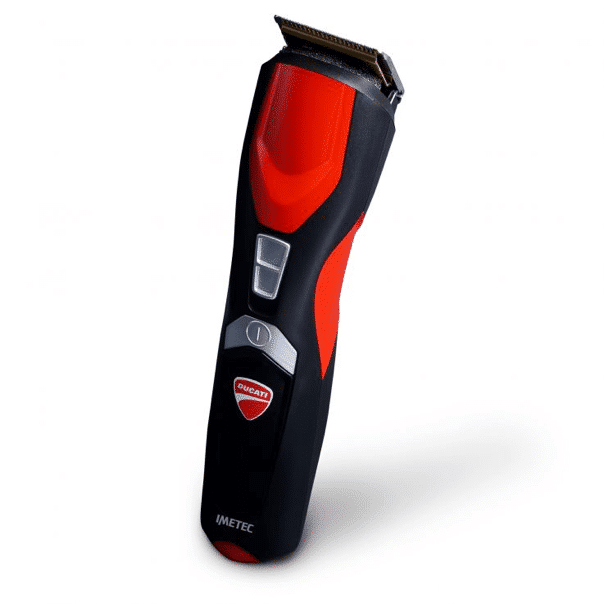 Examples of brands with great licensing campaigns
Examples of brands with great licensing campaigns Of course licensing isn’t just used in sports marketing or by sports teams – its ubiquitous across the advertising spectrum, from fashion to food.
Most of the great luxury brands (Armani, Dior, Prada, YSL, Chanel, Gucci and Stella McCartney, to name just a few) have granted their licenses to companies that produce perfumes, glasses or other items. These campaigns, like the vast majority of licensing deals, are based on royalties, i.e. profits coming from the amount of sales made.
Of course, the same success can be replicated in sports marketing. Think famous athletes and well-known teams licensing their brand – names that spring to mind include Ferrari, Ducati, David Beckham, Valentino Rossi, Juventus and Barcelona, amongst many others.
All have licensed products: sunglasses, chocolate eggs, children’s rides, razors, perfume, laptops… Cristiano Ronaldo has a perfume, and a line of underwear under the brand CR7. David Beckham also has a perfume. Jordan and Nike have teamed up to link their brands together, maybe for years to come.
Companies with children and teenagers in mind are always ready to invest in licenses, but of course we do not have to limit our operating field to these
Here are some examples: Peg Perego has a license agreement with Ducati, and produces a line of three-wheeled electric motorcycles for children. Kawasaki and Mercedes have similar deals in place. Cast your mind back, and you’ll remember that we all grew up playing with toy cars that reproduced Ferrari, Porsche and Corvette in miniature.
All this is licensing, and it’s being spearheaded by the world’s most iconic brands.
Licensing contracts are usually remunerated with a fixed part (minimum guaranteed), plus a variable represented by royalties on sales.
The minimum guaranteed has a dual function for the licensor. First of all it makes sure that the licensee does not purchase the license to keep it in a drawer – the initial cost means the license will be used, and no parties will lose out.
Secondly, with the minimum amount guaranteed, the licensor covers the costs that he might have faced to close the contract – e.g. legal fees.
The variable part, royalties, is a percentage of commission that’s calculated on sales.
Of course, the licensor and the licensee both have an interest in the partnership and its success (that is, that the products that derive from it are sold well), since both have an economic and brand awareness benefit.
The licensor has the right to control the accounts to check the economic results, and contracts generally contain clauses to regulate extensions and renewal of the license.
The number of these agreements in themselves should be sufficient to explain that licensing can be highly rewarding for both subjects – done right, this can be a highly lucrative long-term opportunity.
The owner of the brand can see its name used across audiences and locations far from what they’re used to, widening the market and reaching subjects that, with their own business, they might never have been able to reach.
At the same time, the licensee enriches their product with the values of the brand that they have acquired. They also have the opportunity to serve new audiences and to activate promotional activities that are bolstered by the fame and the image of the brand used.
Put this way, it seems simple – and actually, it really is.
Co-Branding can be explained as an agreement between companies that mutually decide to produce and sell products or services that bear both of their brands.
The aim of co-branding is to broaden the reach of both brands to their respective markets, leveraging awareness and bringing their consumers closer together.
 One of the most striking examples of co-branding in a sports context in recent weeks is the line dedicated to tennis that Adidas and Palace have launched at Wimbledon, as seen here on the left.
One of the most striking examples of co-branding in a sports context in recent weeks is the line dedicated to tennis that Adidas and Palace have launched at Wimbledon, as seen here on the left.
Co-branding is extremely flexible, and it is not uncommon to see more than two brands engaged in the creation and production of capsule collections.
An example of three brands successfully teaming up in this way is that of the trainers produced by Adidas, Supreme and Louis Vuitton: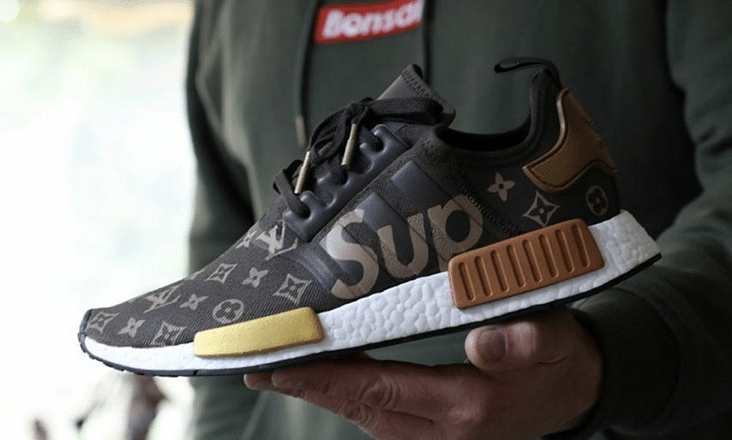
In this case the goal is obvious – a brand of great prestige (Louis Vuitton) that isn’t often frequented by a young audience would like to approach this audience in a fresher way, and one that is more likely to grab their attention than their previous ad campaigns. After all, teenagers have buying power – and it’s those between 14 and 24 who can, and do, regularly launch new trends.
Meanwhile, the partnership works to reaffirms, if it were still needed, Supreme among the dominant superbrands of the past few years.
Co-branding campaigns can also reap the rewards of an incredibly wide distribution, which is as big as any of the brands want to make it – so not just a communication message, but a relationship that can really impact the bottom line.
Licensing and co-branding present numerous opportunities for companies belonging to even the most seemingly disparate categories to develop interesting and financially successful campaigns.
If you look for ideas, you want support or simply want to have a chat to explore the world of motorsport from this viewpoint, we are always reachable – give us a call and one of our sports marketing experts will be on hand to answer any questions you have.
Info@rtrsports.com
TEL UK: +44 (0) 2071939706
TEL ITA (VOIP): +39 (051) 0827978
Are you ready to explore the transformative power of athlete sponsorship for your brand? Click here to learn more about how sponsorship can help brands grow and thrive in the exciting world of motorsports.

Managing Director for RTR Sports, Riccardo graduated in law at the University of Bologna. He began his career in London in PR, then started working in two and four-wheelers. A brief move to Monaco followed before returning to Italy. There he founded RTR, first a consulting firm and then a sports marketing company which, eventually, he moved back to London.
The online platform where you can discover the latest trends, strategies and insights from the exciting world of sports marketing.
View our blog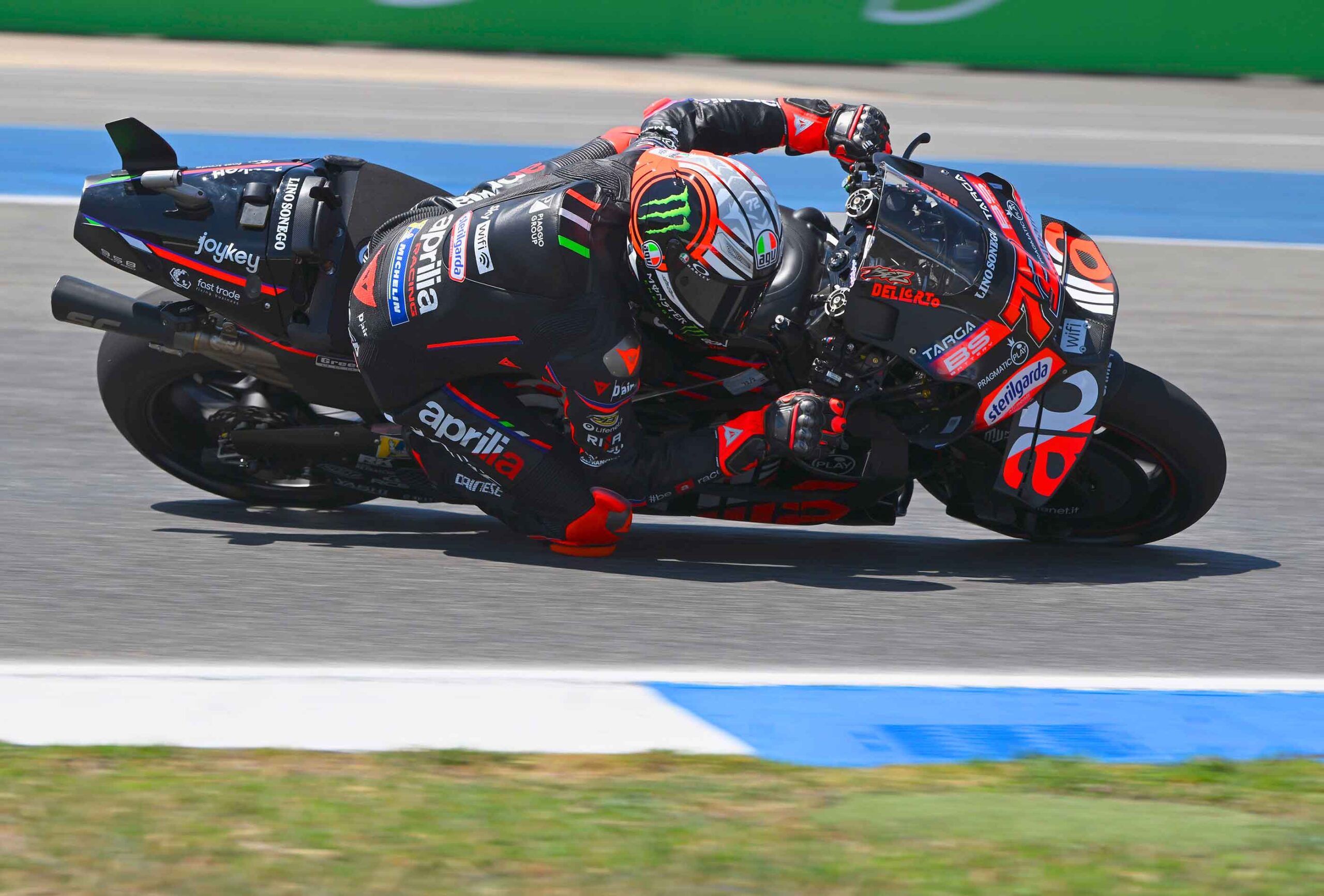
June 17, 2025
Starting in 2027, MotoGP is preparing for a momentous change that will redefine the face of motorcycling’s premier class. The new technical rules, announced by the Grand Prix Commission[...]
Read More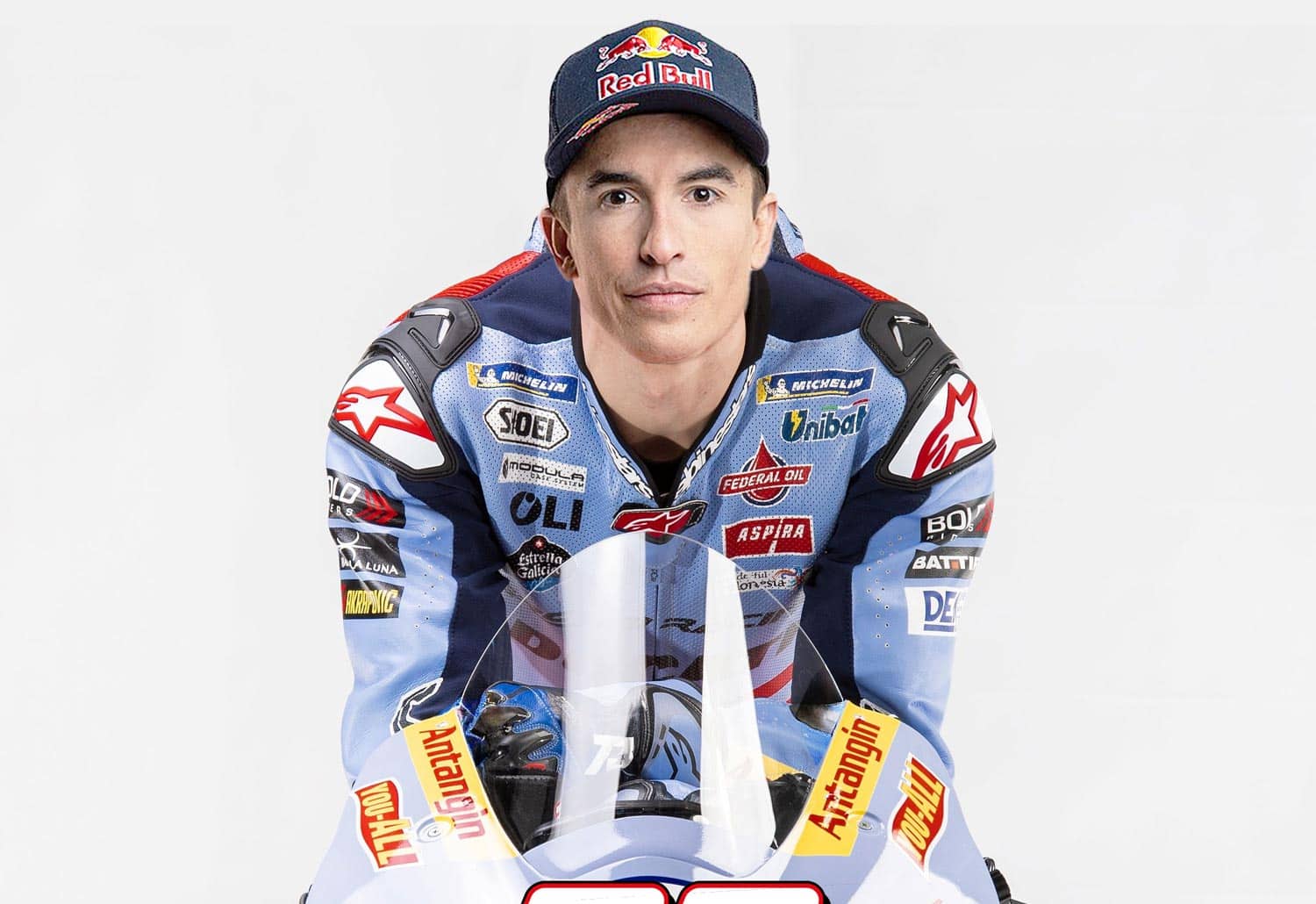
June 11, 2025
After 11 years, Marc Marquez is leaving Honda HRC to join Team Gresini. This was announced in a laconic press release, without signatures or photos, by the same House with the Wing. The same [...]
Read More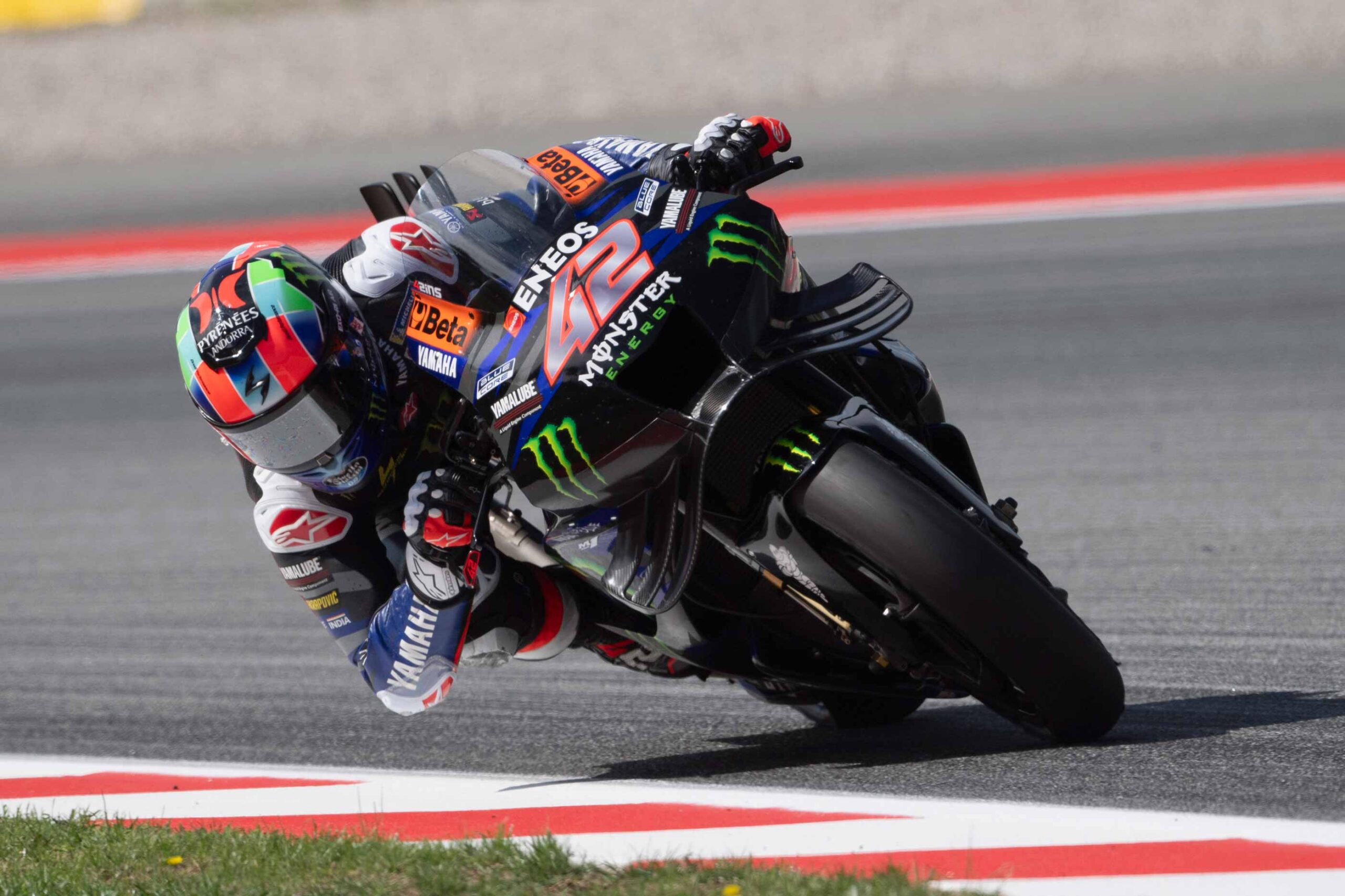
May 6, 2025
In the world of motorsport sponsorship, speed and performance have traditionally reigned supreme. However, a new race is underway, one towards sustainability. Both Formula 1 and MotoGP are st[...]
Read MoreIn an era where it is possible to get anywhere with a click, there is a strong temptation to approach teams and properties directly for sponsorship projects.
By doing so, we are convinced that we are shortening the value chain, saving time and money. However, these DYI methods are anything but risk-free and what initially appears to be a competitive advantage soon turns into a problem that is difficult to resolve. That’s why there are agencies. And this is why you should rely on us for your sponsorships.
When first approaching a sponsorship or sports marketing project, it is difficult to know immediately which stakeholders are correct, what the decision flow is, and what the right timelines are for each process. Sports is a very specialized field of action, and fitting effectively into its paths can take a lot of time and therefore money. We, on the other hand, know referents and spheres of action and know who to talk to, when and how. So you are also more effective.
Sports is an immense passion, and for our heart colors we would be willing to do anything. But business is a different business, and it is important to make the best possible strategic decisions based on independent research, statistics and reliable data. A sports marketing and sports sponsorship agency like RTR has an objective, 360-degree picture of the scenario and can tell you what is really best for you: which sport, which athlete, which team. This is because we possess a great deal of data and information on ratings, segmentation and attitudes. Because the numbers don’t lie. Never.
Activations are the real heart of sports sponsorship. Without them, there remains only a blank sticker on a motorcycle, car or uniform and no contact with the public, no emotional connection, no impact on the bottom line. Then how do you do it? It certainly won’t be the teams or the athletes who will help you leverage sponsorship and enjoy the many marketing rights you have paid for. To bring out the best in a sports marketing project you need an agency that knows how to use sponsorship to engage the fanbase on the Web, to reach out to Shopping Centers, to organize hospitality, to develop B2B and B2C opportunities, and to get “your” athletes in front of millions of potential consumers.
Would you ever go to the dealer who sold you the car and ask if the competitor’s car is better? No, of course. So, how do you expect to get firm measurements of the effectiveness of your sponsorship if you do not rely on someone super partes? At RTR, we have always worked with independent third-party agencies that allow us to know the return on any exposure of your brand on TV and in the media. In addition, we believe in calculating ROI as the ultimate measure of your success-so we can tell you for every penny you spend how much you are making.
We have been involved in sports sponsorship and sports marketing for more than 15 years. We are consultants in the sense that our goal is to maximize your investment, but we are also an agency that manages the project from start to finish. We have been doing this since 1995 with passion and professionalism, following three principles that have become cornerstones of our business: independence, verticality and transparency.
I would like to highlight the fact that one of the qualities of RTR is its great ability to approach the sponsorship scenario strategically, together with its passionate attitude, its amazing enthusiasm for solving problems, and its high level of professionalism.
Gianluca Degliesposti
Executive Director Server&Storage EMEA
Eurosport is truly delighted with its business relationship with Riccardo Tafà, who has become extremely popular, thanks to his detailed knowledge of the sports marketing sector and his highly diligent attitude to work.
Francois Ribeiro
Commercial Director
Passion and Expertise are the features that I have found in RTR since the very beginning. Serious and reliable professionals but also very helpful, nice and open-mind people, willing to listen and compare different ideas. All the values in which RTR believes make this agency a partner, not just a supplier, a partner with whom we have had the opportunity to achieve significant commercial results in term of success and image.
Luca Pacitto
Head of Communication
We have been working with RTR Sports Marketing for over 10 years. The objectives and the programmes of collaboration continue to be renewed and to grow with mutual satisfaction. I believe RTR is a team of great professionals led by Riccardo Tafà, who I consider a manager of exceptional skills and with a great passion for his work.
Lucio Cecchinello
Team Principal
I have known and worked with Riccardo Tafà since 1995 when we collaborated for the first time on a project for the Williams Formula 1 team. Several clients followed. After leaving Williams to work for Gerhard Berger then owner of the Toro Rosso F1 Team, I turned again to Riccardo to seek his help in finding a tool supplier for the team and Riccardo duly obliged with an introduction to USAG, a partnership with Toro Rosso which endured for five years. I recently started a new role as Group Commercial Director for the renowned Andretti Autosport organisation and I find myself working with Riccardo once again on a number of interesting projects. Why has this relationship with Riccardo endured ? He’s smart, knows the commercial side of sport inside out and back to front and he’s honest and trustworthy. Riccardo Tafà is a “doer” not a “talker”: in over 20 years I have never had a dispute either with him or with a company that he has introduced and each partnership introduced by Riccardo has delivered quantifiable ROI to rights holder and sponsor alike. I can think of no better testimonial of Riccardo’s diligence, knowledge, contact base and hard work than that.
Jim Wright
Group Commercial Director
The online platform where you can discover the latest trends, strategies and insights from the exciting world of sports marketing.
View our blog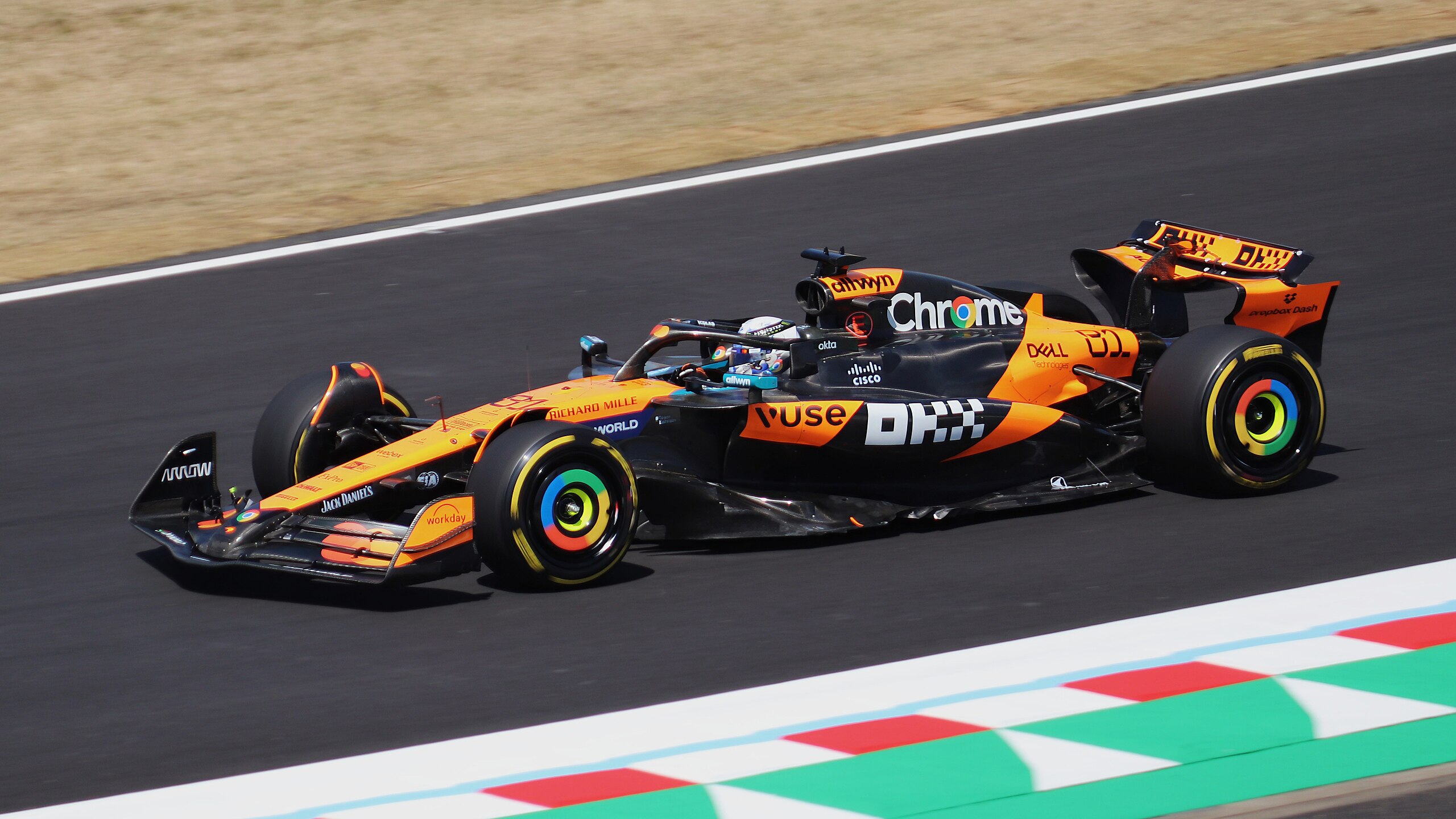
July 1, 2025
In the complex and exciting world of Formula 1, performance no longer belongs exclusively to wind tunnels and race strategies. It also unfolds in boardrooms, brand labs, and experiential mark[...]
Read More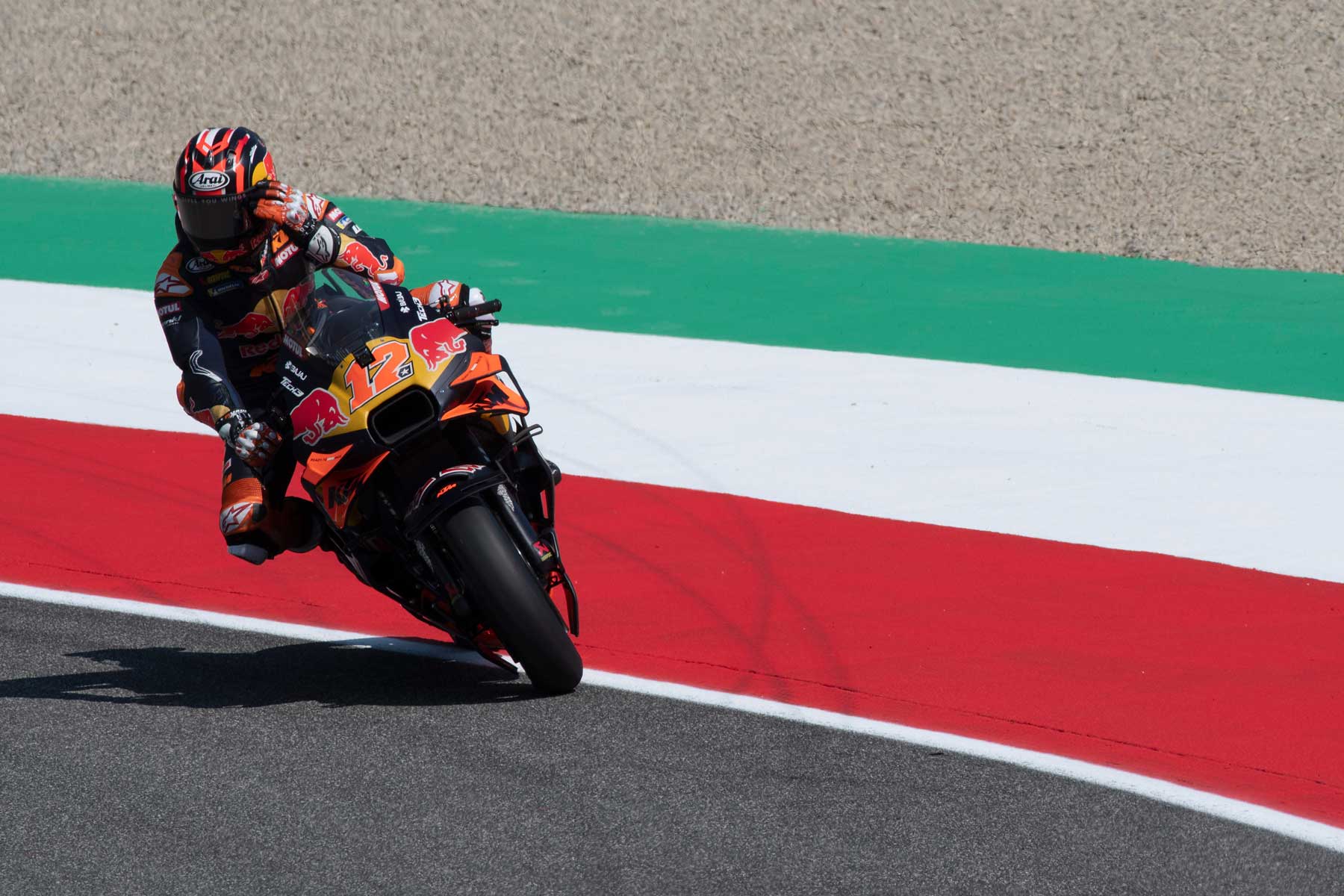
June 26, 2025
The European Commission has provided Liberty Media Corporation with unconditional approval to complete the acquisition of the MotoGP World Championship. The process of annexing the top motorc[...]
Read More
June 18, 2025
When you think of sports, what comes to mind? For many, the answer is sports marketing management. We see Super Bowl or Olympic commercials and it seems like every other product is marketed t[...]
Read More